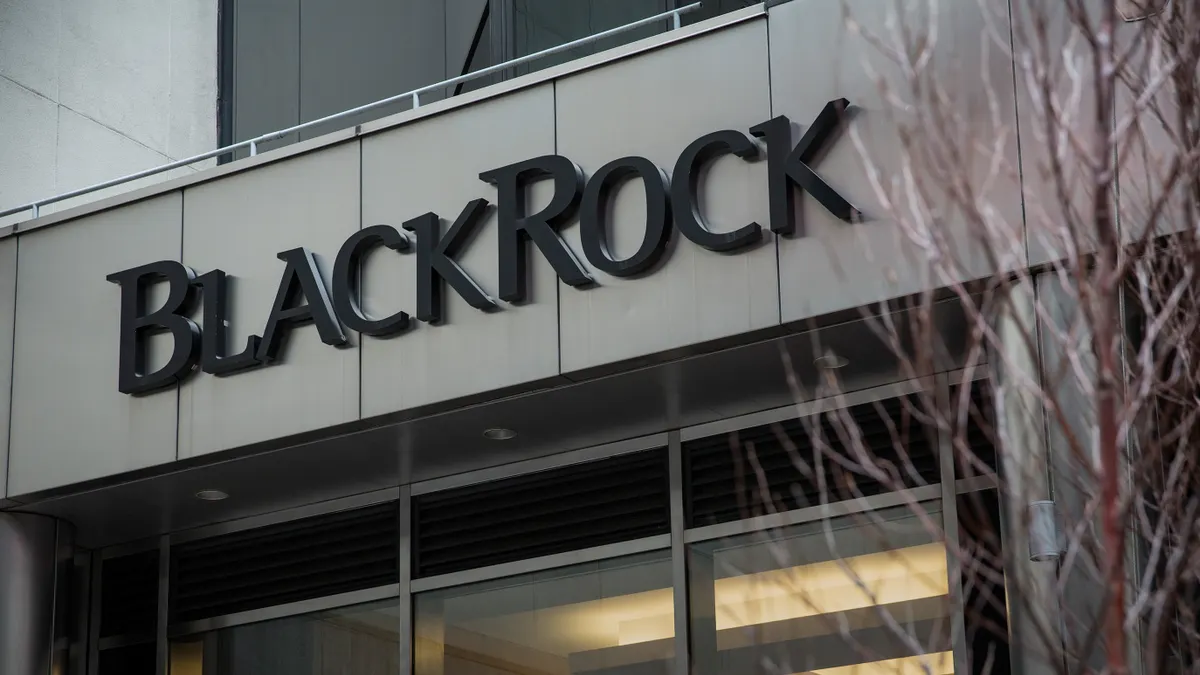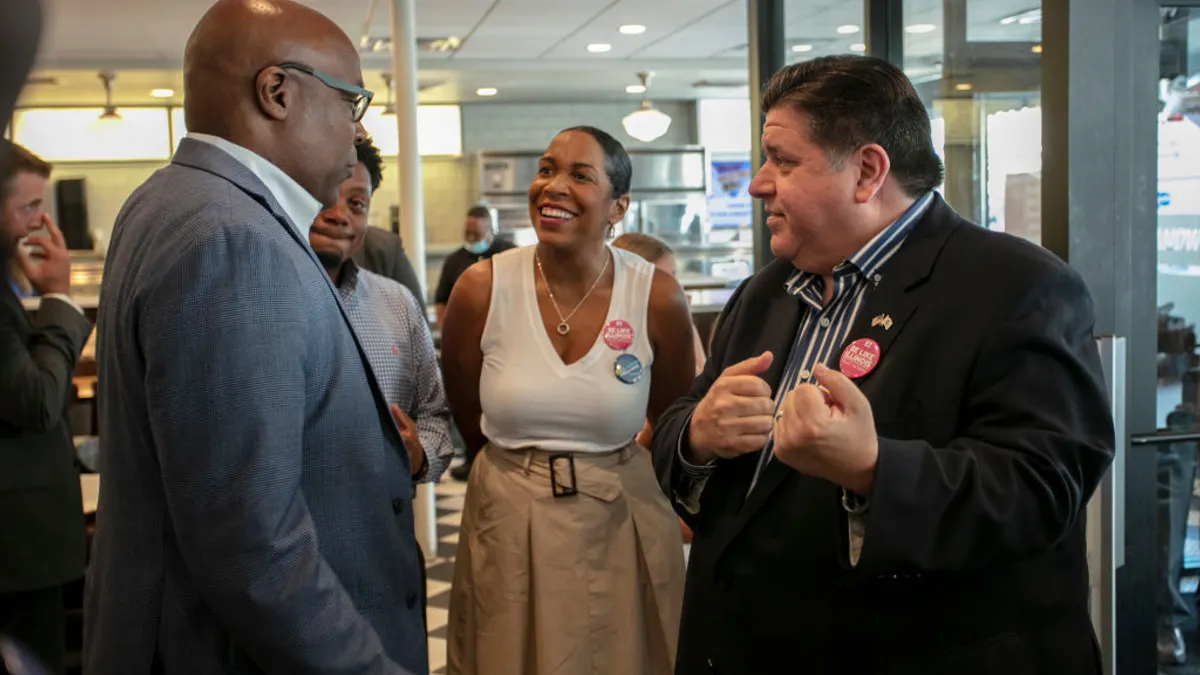Corporations are inherently political so rather than pretend otherwise, executives can build their political activities into their governance rules in a way that makes sense for the business they’re in, Tom C.W. Lin, a law professor at Temple University, says in a Boston College Law Review article.
“The narrative that corporations were once apolitical and have suddenly become ‘woke’ simply does not reflect history or reality,” Lin says. “Corporations have been major players in American politics throughout the nation’s history.”
The landscape appears different today because shifts in social, legal and technological norms are fueling polarization, he says.
“Many consumers already use their consumption choices as a means to express their social and political preferences,” he says. “Corporate efforts to address highly contested social and political issues could further politicize the marketplace and polarize an already divided society.”
Rather than retreat from social issues as some companies like investment giant BlackRock are doing after backlash from their environment, social and governance investments, corporations can combine profit-making with social activism in a long-term, sustainable way, he says.
Lin recommends a framework for social engagement that he calls AILS because it involves executives developing a program for —
- Analyzing the social values the corporation is involved in;
- Internalizing those values by applying them to its employees and other stakeholders;
- Localizing the values by applying them in the communities in which the company is located; and
- Leveraging its business specialty in picking which values it advocates.
“The AILS framework is designed to help corporate leaders engage more thoughtfully with sensitive social issues to enhance firm value while minimizing bad publicity, reputational damage, and economic harm,” he says. “Directors and senior executives can use the framework to set strategic principles and operational systems for corporate social and political engagements. Additionally, compliance officers, attorneys, and managers can use the framework to prepare tactical responses and engagements on social and political controversies.”
During the COVID-19 pandemic, for example, Uber and Lyft offered free rides to vaccination clinics. That’s an example of how companies used their business specialty to advance what they saw as a public good. “Although this benefited public health widely by encouraging vaccination, these efforts also benefited Uber and Lyft by creating safer markets for their drivers and attracting new customers for their services,” he says.
In an example of localization, Philadelphia-based Comcast provided free high-speed Wi-Fi at hot spots in the city to help residents stay connected. “These localized efforts can often generate visible positive impact, community appreciation, and political goodwill much more quickly than national and international efforts,” he says.
Lin sees the idea of internalization as companies essentially putting their money where their mouth is. Any values they support should start with their employees and other stakeholders.
“Regardless of how well-intentioned millionaire or billionaire corporate executives may be, they may nevertheless face difficulties identifying and understanding the real concerns of their much more diverse working-class employees, customers, and shareholders who make up the bulk of society,” he says.
The analysis component of the program is needed so executives have a way to measure what they’re doing and they can see how it impacts the company as a business entity.
“One can audit a business and hold it accountable for its financial performance based on widely agreed-upon metrics under the Generally Accepted Accounting Principles,” Lin says.
“No similar body of rules and principles exist yet for social or environmental impact. Evaluating and auditing corporate governance performance is hard even with widely agreed-upon benchmarks and definitions, but it is made much harder without consensus metrics and meanings on critical concepts like corporate social and political engagements.”
Bottom line: Among executives, there might be a temptation to backtrack from social commitments if their activities generate backlash, as many have in recent years. But a better way is to build social activism into the company’s governance structure, by measuring, internalizing, localizing and using the company’s business specialty to support the values the company wants to support.





















